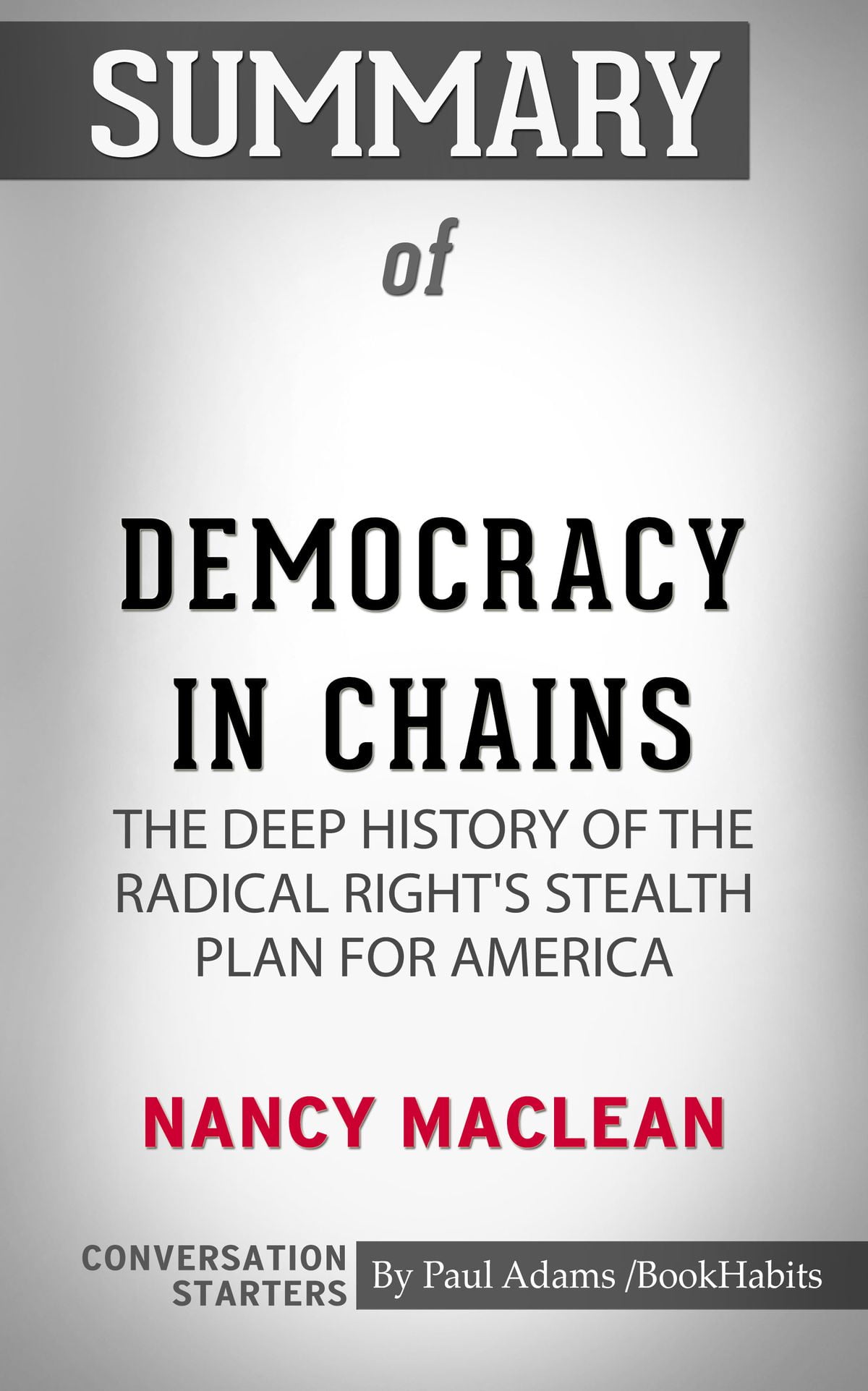
He called the theory “politics without romance” because he said promises made in politics are intended to appear concerned with the interest of others, but in reality are the products of selfish ulterior motives. It is through the bureaucratic tangle of law that MacLean provides an excellent narrative on how the subtle changes in perception of law led to a difference in practice and enforcement of law.īuchanan was awarded the Nobel Prize for economics in 1986 for his work in building the Public Choice Theory of political economics. Though the intention was merely to protect the Southern way of life, which happened to include the oppression and slavery of others, the phrases “individual liberty” and “economic liberty” began to be applied only to ownership of property as opposed to actual individuals. But Buchanan and Darden’s concern was for states’ rights, because they feared states would lose much of the authority they previously enjoyed. The Brown case established that separate schools for Black and White students were inherently unequal, and thus unconstitutional. Constitution.Ĭolgate Darden, the president of the University of Virginia, hired Buchanan in the mid-1950s to plan a legal strategy for states to defend against the recent Supreme Court decision of Brown v.


She has researched how Nobel Prize-winning economist James Buchanan’s legal interpretations are used in a way that has eroded many of the checks and balances put into place by the original writers of the U.S. She is a professor of history and public policy at Duke University and author of four other books. In “ Democracy In Chains,” MacLean draws a connection between billionaires, politicians and the practice of law in America and how all of it is weighted heavily toward the side of property owners using ideals that were in place when slavery was still legal. The subject matter of the book, along with its academic language, appealed to a very specific demographic, though the unfortunate truth is all U.S.


She was recently at the Greenwood Senior Center as part of the Town Hall lecture series, and there was an interesting age range of people present for the hourlong talk. Is there a conspiracy to keep cash from the common folk? Or does it just seem like it? In her book, “Democracy in Chains: The Deep History of the Radical Right’s Stealth Plan for America,” author Nancy MacLean describes the division of dollars between the haves and have-nots to the detriment of democracy.


 0 kommentar(er)
0 kommentar(er)
